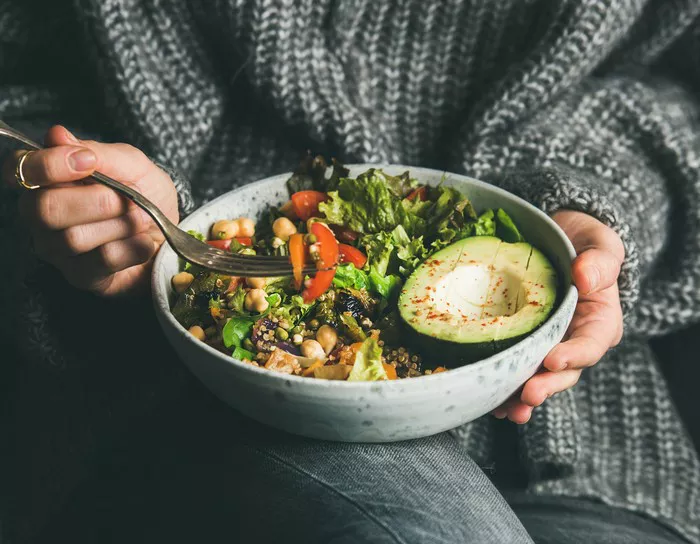Liber Research Community said on Tuesday that the local food and beverage sectors had seen a trend of “China progressing and the West retreating” between 2019 and this year, according to official trademark registration data compiled by the group.
Mainland Chinese food and beverage brands have gone against the tide to expand in Hong Kong, a research NGO has said, whilst international eateries have scaled down their businesses compared to five years ago.
Liber Research Community said on Tuesday that the local food and beverage sectors had seen a trend of “China progressing and the West retreating” between 2019 and this year, according to official trademark registration data compiled by the group.
Incoming food and drink brands tend to register their menus as trademarks with the Intellectual Property Department (IPD) as they enter Hong Kong in order to protect their profits, especially when it comes to restaurant chains, Sunny Leung, a researcher with the group, told HKFP.
The overall registration figures showed a downward trend. According to figures provided by the group, in 2019 the IPD received 780 applications from corporations coming from countries in Europe, America, Oceania, and Asia. But in 2023 the figure dropped to 534.
“You can see the number for brands coming from China already saw a rebound last year,” Leung said in Cantonese.
Mainland Chinese brands made 304 applications with the IPD in 2019, but the figure hit a low in 2022 – during the Covid-19 pandemic restrictions – with 113 applications. In 2023, there were 239, a rebound that exceeded all other regions in Liber’s research.
The trend accelerated in the first half of this year, with 193 mainland Chinese companies filing applications, which amounted to just over 50 per cent of the total incoming brands, according to the group.
The figure compares to 162 mainland Chinese companies which made a trademark registration in the first half of 2019, an equivalent of 36 per cent of all incoming brands.
Meanwhile, fewer food and drink companies from places such as Japan, the US, the UK, Singapore and Taiwan had made such applications over the same period: “We can see a sharp increase [of mainland Chinese brands] and that was only in the first half of the year,” Leung said.
Popular brands
The group said the uptick in mainland Chinese companies still does little to affect the overall downward trend in newcomers to the market. A total of 384 incoming companies made registrations with the IPD in the first half of this year – a 15 per cent drop compared to the first half of 2019, when 450 made such registrations.
It also noted that many mainland Chinese applicants from the IPD’s data were popular brands, such as tea sellers Nayuki and Chagee, as well as fast-food chain Home Original Chicken from Anhui province.
The group said the reasons behind the trend required further study, but it may reflect a change in foreign food and drink brands’ assessment of the Hong Kong market.
Mainland Chinese brands might see Hong Kong as a bridge to international markets and investment, it said, though there is also a growing population of mainland Chinese residents in the city which may have lured such brands to expand.
he change in the composition of incoming food and drink brands would “inevitably impact the overall structure of the local food and beverage sectors,” it said.
The research organisation noted that the IPD’s data included applications from service providers of temporary accommodation, unrelated to the food and beverage sector. But the number represented only a handful, and would not distort the analysis, it said.
Protests in 2019 and the arrival of Covid-19 in early 2020 had a devastating impact on Hong Kong’s food and beverage industry, with post-pandemic-curb expenditure lagging that of 2018.
Hong Kong’s economy was severely impacted during the Covid-19 pandemic with the food and beverage industry suffering from strict social distancing measures. The city has also seen the enactment of two controversial security laws since 2019, and an exodus of residents, talent and international firms.
The industry’s post-pandemic recovery has also been impeded by changing consumption habits, with many residents opting for short weekend trips in neighbouring mainland cities for food and entertainment.
Related Topics:



























